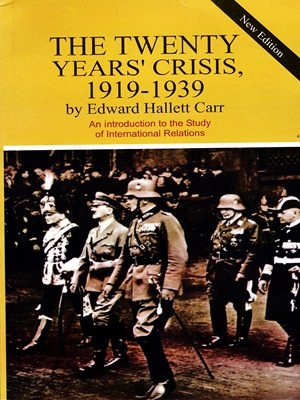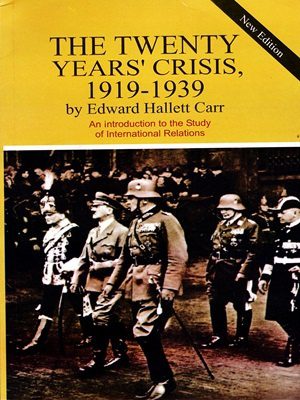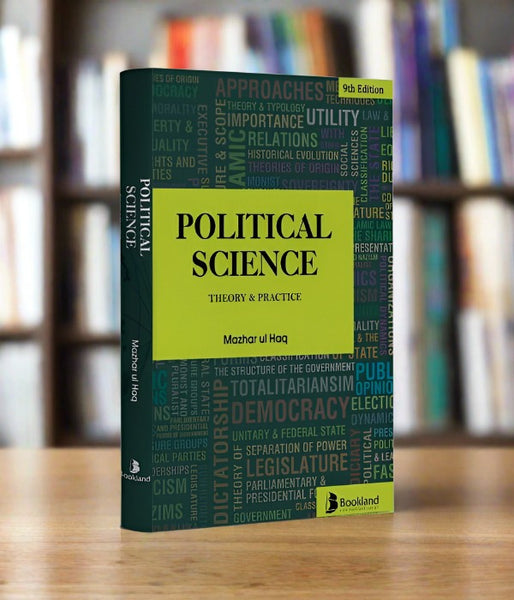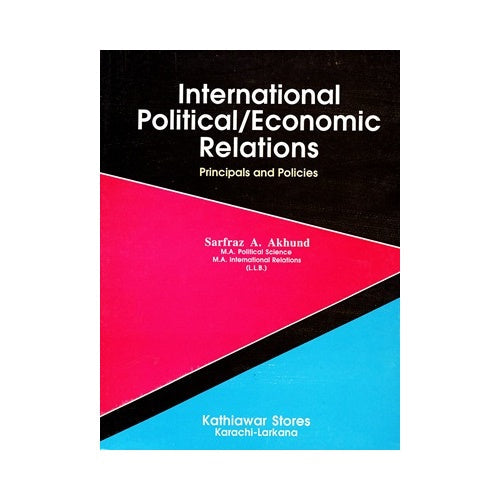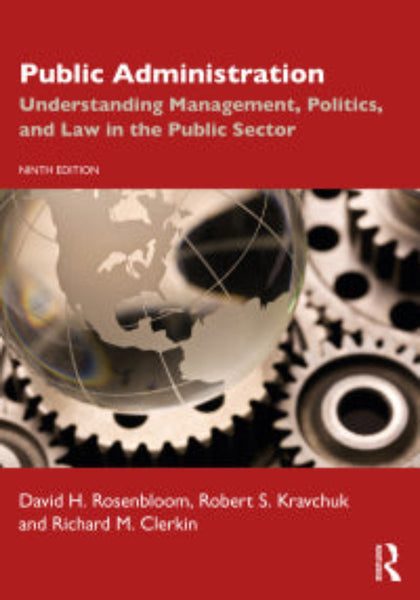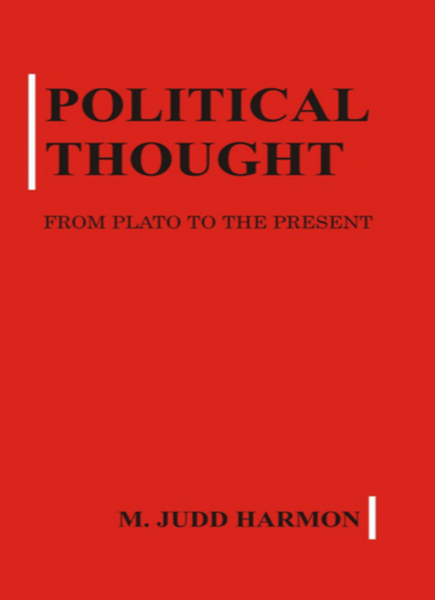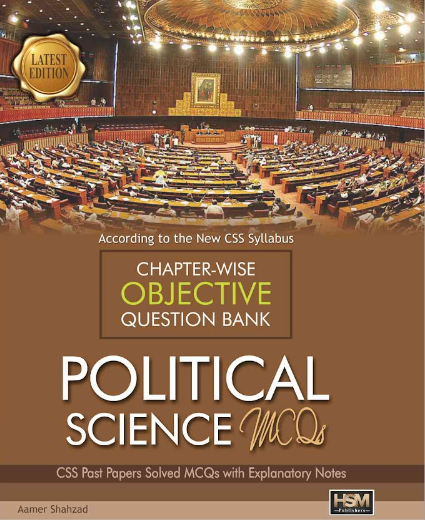Twenty Years Crisis 1919 to 1939: By E H Carr
- Publisher: INTERNATIONAL RELATION
- Availability: In Stock
- SKU: 40373
- Number of Pages: 239
Rs.350.00
Rs.450.00
Tags: Balance of Power , Communism , Crisis of 1939 , E.H. Carr , EDWARD HALLETT CARR , European Politics , Fascism , Global Conflict , Global Politics , Historical Context of International Relations , Idealism in Politics , International Relations , International Relations Theory , International Stability , Interwar Period , League of Nations , National Interest , Political Ethics , Political Ideologies , Political Morality , Political Realism , Political Theory , Power Politics , Realism , Self-Interest , THE TWENTY YEARS , Treaties and Diplomacy , Twenty Years’ Crisis , World War II
E.H. Carr's "The Twenty Years' Crisis, 1919–1939" is a seminal work in the field of International Relations (IR). Published in 1939, just before the outbreak of World War II, Carr's book examines the turbulent period between the two world wars and offers a critical analysis of the international system, theories of international politics, and the shortcomings of prevailing political ideologies. This book is often regarded as a foundational text for the study of international relations, offering insights into the interplay between power, ethics, and international politics.
Key Points
-
Historical Context: The book was written in the interwar period and addresses the political instability that arose after World War I, focusing on the failure of the League of Nations and the rise of totalitarian regimes across Europe.
-
Critique of Idealism: Carr is highly critical of the idealistic approach to international relations, which was dominant after World War I. He argues that this idealism, particularly the belief in the possibility of a peaceful international order, was naive and unrealistic.
-
Realist Perspective: Carr advocates for a realist perspective in international relations, asserting that power politics, national interests, and human nature cannot be ignored when analyzing international affairs. He emphasizes that international relations are driven by the pursuit of power and self-interest, not idealistic goals.
-
The Role of Power: Carr stresses that power is the central factor in international relations. He argues that states and other international actors act primarily in their own self-interest and seek to increase their power in the international system.
-
Morality and Politics: A key theme in the book is the relationship between morality and politics. Carr criticizes the moralistic approach that disregards the realities of power and argues that politics cannot be understood without acknowledging the role of power and the limits of ethical considerations.
-
Balance of Power: Carr discusses the balance of power theory and its application in international relations. He suggests that the idea of maintaining a balance of power to ensure stability is fundamental but often misunderstood and misapplied in practice.
-
The Decline of the League of Nations: One of the central topics of the book is the failure of the League of Nations, which was created after World War I to prevent future conflicts. Carr argues that the League’s inability to enforce its decisions and its reliance on the goodwill of states doomed it to failure.
-
Political Ideologies and International Relations: Carr critiques both liberalism and Marxism as frameworks for understanding international relations. He discusses their limitations in addressing the realities of power and conflict in the global system.
-
The Rise of Fascism and Communism: The book explores the rise of fascism and communism in Europe, especially in Germany and the Soviet Union, and how these ideologies contributed to the instability in the interwar period.
-
The Prelude to World War II: As the book was written on the eve of World War II, Carr analyzes the factors that contributed to the breakdown of peace and the outbreak of war, including the failure of diplomacy, the rise of totalitarian states, and the appeasement policies of the Western powers.
Conclusion
"The Twenty Years' Crisis, 1919-1939" by E.H. Carr is a landmark text that shaped the study of international relations. Carr’s critique of idealism and his endorsement of realism laid the foundation for modern realist theory in international politics. His examination of the interplay between power, morality, and politics offers a nuanced understanding of international relations during a volatile period in history. The book remains a vital text for anyone studying the evolution of international relations theory and the historical dynamics that led to the outbreak of World War II.

